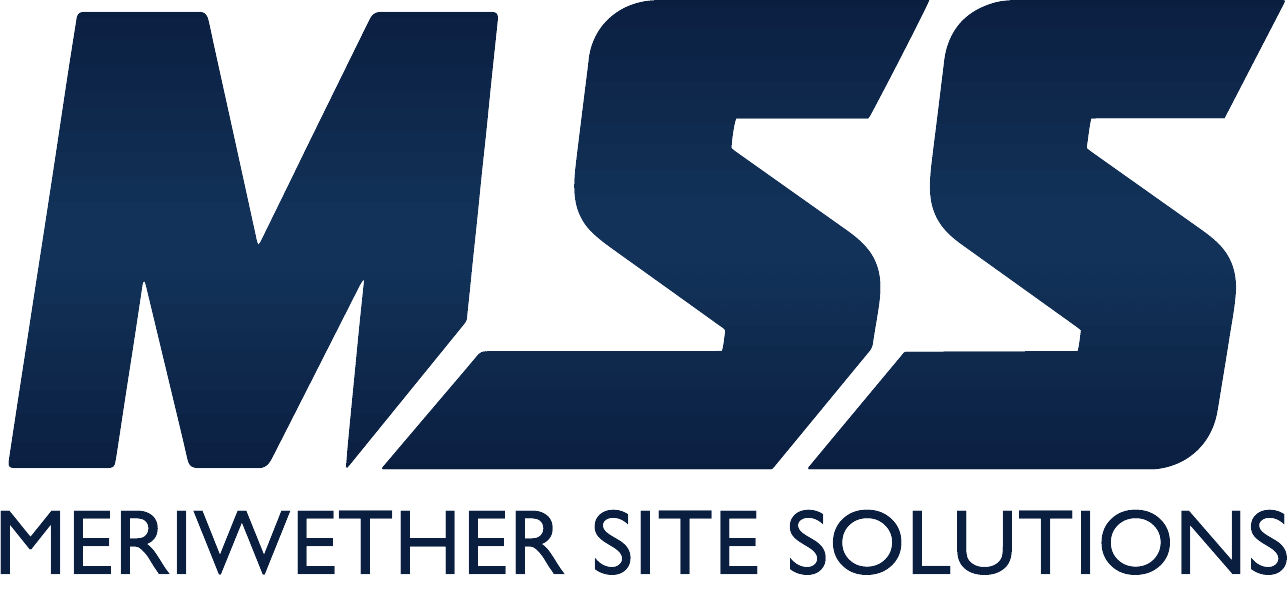Personal Accountability
Self-Assessment: Personal Accountability
Please take a few moments to answer the following self-reflection questions. Where can you identify opportunities for personal growth in your leadership?
Do I set clear expectations for myself in various areas of my life (work, relationships, personal goals)?
How often do I follow through on my promises or commitments, even if it’s challenging?
When faced with a mistake, do I openly acknowledge it and seek to make it right?
Do I give and receive feedback honestly, without defensiveness or judgment?
Am I consistent in my actions, or do I often find myself making excuses?
How comfortable am I with having difficult conversations with myself about my own performance or actions?
Do I encourage a sense of accountability in others around me, particularly in team settings?
When problems arise, am I proactive in seeking solutions or inclined to avoid them?
Remember, this self-assessment is just a starting point for understanding Accountability as a leader. It's essential to reflect on your responses and actively work on areas where improvement is needed.
“On good teams coaches hold players accountable, on great teams players hold players accountable.”
Accountability is at the heart of MSS’s culture, embodying the values of integrity, responsibility, and trust that inspire intentional actions and meaningful, trust-based relationships. Practicing personal accountability means taking ownership of your decisions and actions, no matter the outcome, and staying honest with yourself and others. For example, if you commit to finishing a project by a specific date, accountability means putting in the effort needed to meet that goal, even if it’s challenging.
Accountability is not just about meeting expectations set by others; it is about honoring the commitments you make to yourself. If we cannot hold ourselves accountable, how can we expect to hold others accountable?
Whether you're managing tasks on a job site, working toward personal goals, or building strong relationships, being accountable demonstrates to others that they can depend on you. Dependability is an integral part of being a leader with integrity. This session will help you understand what accountability looks like and provide practical steps to build this essential skill. Start by reflecting on your habits and behaviors, as this can highlight areas where you might want to grow or improve.
Accountability means taking responsibility for what you do, the decisions you make, and the results of your actions. At its core, accountability starts with self-awareness. Think of self-awareness as looking in a mirror and asking, "Am I living up to my values and goals?" For example, if you value teamwork but find yourself blaming others when something goes wrong, self-awareness helps you recognize that your actions don’t align with your principles. This reflection can drive change and help you align your behavior with the kind of person and leader you want to be.
When you pair accountability with self-awareness, you become consistent and reliable. For instance, if you miss a deadline, instead of avoiding responsibility, you might take a moment to evaluate why it happened. Was it due to poor planning, unclear priorities, or external factors? Understanding the root cause helps you avoid repeating the mistake and builds trust with others.
These habits—being honest about where you stand and taking responsibility for growth—make accountability more than just a personal value. It becomes a way to strengthen your purpose, stay focused on goals, and earn the respect of those around you.
“Exhibiting accountability over time is a gateway to trust. When we see someone acting with accountability, we gain the evidence we need to trust them.”
Self-Accountability Conversations
Self-reflection is a key part of accountability, but it doesn’t have to be complicated or stressful. Think of it as having a constructive, judgment-free chat with yourself. Set aside time once a month for a 15-20 minute “personal check-in” to evaluate how you’re doing at work and in your personal life. You can make it enjoyable—grab a coffee, take a walk, or find a quiet spot where you can think clearly. Use this time to focus on your growth, not your flaws.
Here’s a simple structure to guide your conversation:
Celebrate Wins: Start by listing what you’ve accomplished and what you’re proud of. Big or small, acknowledging these wins can motivate you to keep going. What went well this month, and how can I build on that success
Address Setbacks: Identify areas where you fell short without being overly critical. The goal is to learn from these experiences, not dwell on them. What didn’t go as planned, and what caused it?
Plan for Improvement: Choose one specific habit or behavior to improve next month. Be realistic and focus on small, actionable steps. What’s one thing I can adjust or do differently to improve my results?
Make It Actionable
For example, if you missed a deadline because you underestimated the time a task would take, consider how you can plan better. Could you break the task into smaller steps or build in extra time for unexpected delays? Writing down these solutions makes them easier to implement in the future.
Reward Your Accomplishments and Milestones!
While discipline is the cornerstone of accountability, it’s equally important to recognize and celebrate your wins to stay motivated. Leaders, like everyone else, need time to recharge. Celebrating milestones and accomplishments, no matter their size, helps you maintain balance and improve both your personal and professional life. Consider these ideas:
Hit a major goal? Treat yourself to a night out or your favorite meal.
Completed your weekly tasks? Relax with your favorite show or enjoy some quiet time.
Made progress on a challenging project? Step away to regroup and refresh.
Taking smaller, intentional breaks keeps you energized and prevents burnout, reminding you that accountability is about progress, not just hard work.
Accountability is more than a personality trait. It’s a habit that can shape how you lead, work, and build relationships. By practicing accountability in clear, actionable ways, you create an environment where people trust one another and work together toward shared goals. These best practices will give you tools to make accountability a consistent and visible part of your leadership and daily routines:
Set Clear Expectations: Clearly define goals and responsibilities for yourself and others. When expectations are specific and measurable, it’s easier to track progress and hold yourself accountable. Share these expectations openly so there’s no room for misunderstanding. You set clear priorities for the week, breaking tasks into manageable steps and ensuring everyone involved knows their roles.
Take Ownership of Actions: Accept responsibility for both successes and mistakes without shifting blame. When something goes wrong, focus on finding solutions and improving for the future. Taking ownership builds trust and shows reliability. You acknowledge a mistake, propose a way to correct it, and commit to avoiding the same error moving forward.
Practice Transparency: Share your intentions and the reasoning behind decisions to promote a culture of trust and openness. This helps others understand your thought process and encourages honest dialogue. Next time you make a change that impacts others, explain why you’re doing it and invite questions to clear up any confusion.
Welcome Feedback: Seek and accept constructive feedback to grow and improve. Being open to suggestions from others helps identify blind spots and strengthens your self-awareness. Once a month, ask a peer or mentor to give feedback on one specific skill you’re working on—like communication or organization.
Be Consistent: Follow through on commitments and show reliability in your actions. Consistency earns trust over time and demonstrates that you take accountability seriously. Remember that small, steady actions often speak louder than grand gestures.
Engage in Regular Self-Reflection: Set aside time to evaluate your actions, goals, and areas for growth. Regular self-reflection keeps you aligned with your values and highlights opportunities for improvement. Scheduling time each week for a “self-audit” helps you maintain perspective and track your growth over time.
Set Up Accountability Partners: Working with a friend, mentor, or coach can provide encouragement and objectivity, keeping you motivated to stick to your commitments. Regular check-ins with an accountability partner offer fresh perspectives and extra support when you hit roadblocks.
Personal Accountability starts with small, intentional actions, yet its impact can ripple throughout an entire organization. As a leader, taking ownership of your decisions and encouraging others to do the same helps build a foundation of trust and reliability. By applying the strategies we’ve discussed, you can make accountability and integrity second nature at MSS, fostering a culture where everyone collaborates effectively, communicates openly, and takes pride in their contributions. Choose one practice to start with today, and observe how it sparks meaningful change in your personal and professional growth.
To push your understanding of Personal Accountability to the next level, explore these valuable resources. They’ll help expand your skills and provide essential tools for building strong leadership.
Mr. Accountability (5:14)
Brené Brown on Blame (3:26)
5 Steps To Inspire Positive Accountability In The Workplace
The Right Way to Hold People Accountable
Harvard Business Review
Don’t forget to mark this week as ‘complete’ before you leave!









